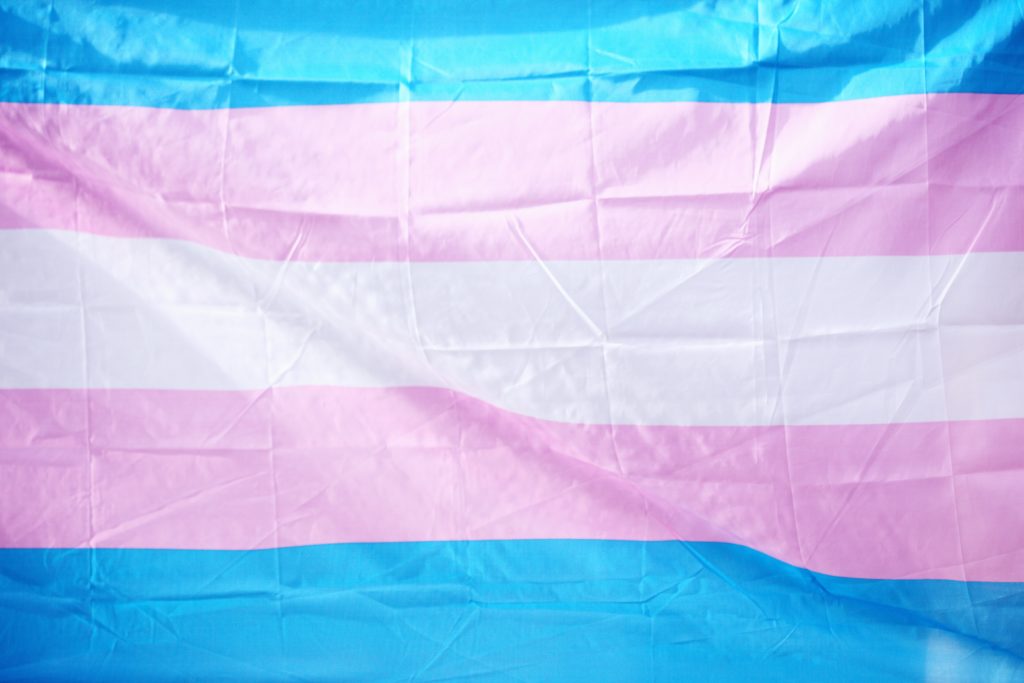Elizabeth Sorrell
Boris Johnson faces backlash after defending his decision to exclude transgender people from plans to ban conversion therapy.
The Independent recently published a video of Johnson saying his decision does not undermine his aims to “tackle prejudice wherever we can”. Not only has this been met with opposition across multiple government parties, but has also resulted in the cancellation of the international ‘Safe To Be Me’ conference for this June.
Johnson’s Defense
It originally seemed that Johnson was backtracking plans to ban conversion therapy, a promise that both Johnson and previous Prime Minister, Theresa May, have committed to since 2018. Johnson has now promised to ban conversion therapy, but will exclude transgender people from this law. The ban would only focus on protecting gay and bisexual people from these practices.
Johnson claims that transgender children should not be ‘Gillick competent’ in making decisions about their gender identity.
“Johnson argues that there should be ‘parental involvement at the very least’ in decisions around their children’s gender identity.”
Gillick competence is the medical term to describe a child’s (between 16 and 17 years old) ability to consent to treatment, which may include transition between genders. Johnson argues that there should be ‘parental involvement at the very least’ in decisions around their children’s gender identity.
Johnson also defended peripheral issues, such as trans women participating in women’s sports and single-sex spaces in hospitals. This statement was made public after Health Secretary Sajid Javid said on Sky News that ‘we must be more careful with trans issues,’ and noted that the violent practices involved in conversion therapy, such as electric shocks, are already illegal in previous legislation.
All major counselling and psychotherapy bodies, including the NHS, consider conversion therapy to be ‘unethical and harmful’ as they are concerned with changing or suppressing one’s sexual orientation or gender identity. Despite this consensus, one in 20 LGBT+ people have been ‘pressured to access services to question or change their sexual orientation’ within healthcare services.
LGB with the T
Protesters have gathered across London, Belfast, and Dublin to express the unpopularity of trans exclusion from the conversion therapy ban. Psychological therapist, Aisla Wrathmell, participated in the protest and told ChronicleLive, “All we want to do is live in peace: we are more like to be abused by the general population and that will get worse if we are excluded from women’s spaces.”
“Trans rights are human rights.”
Yesterday, protestors marched on Downing Street to demonstrate their grievance with the conversion ban, as campaigner Peter Tatchell affirmed that ‘the only ban worth having is one that includes everyone’.
“Trans rights are human rights” and “LGB with the T” could be heard throughout Whitehall in a media report by ChronicleLive.
Over 100 LGBTQ+ organisations have now pulled out of the UK’s first international conference on LGBTQ+ rights. Several companies signed Stonewall’s open letter withdrawing their support until the government includes trans people in the ban.
Parliament and People
Opposition to this decision is not only seen among protestors in Whitehall and LGBTQ+ organisations. The government’s first LGBT+ business champion, Iain Anderson, has resigned, writing “so many LGBT+ people face violence and discrimination, but politics that creates dividing lines between LGB people and trans people will never be my approach.”
Johnson’s pledge has also caused a rift within the Conservative Party and several have spoken out against this exclusion. MP Jamie Wallis, who in March came out as the first openly trans MP, is now expressing his ‘bitter disappointment’ at the ban, saying it will be ‘nothing but a broken promise’ if it goes through Parliament as it currently stands.
“The ban devalues trans people as less worthy of protection.”
Wallis was not the only conservative MP standing against the exclusionary ban, as MP Elliott Coburn for Carshalton and Wallington, and MP Alicia Kearns for Rutland and Melton, have expressed that the ban ‘devalues trans people as less worthy of protection’.
As Johnson will have to introduce legislation to Parliament, only 40 Tories need to oppose the bill for it to not go ahead. There are currently 50 Tory MPs that have organised to oppose Johnson’s proposal, demanding that the ban includes trans people.
Johnson admitted that ‘it wasn’t something that I thought I would have to consider in great detail’. With strong opposition among people and Parliament, it is uncertain as to whether Johnson will go ahead with his current plans.
Featured image courtesy of Sharon McCutcheon on Unsplash. Image license can be found here. No changes have been made to this image.

